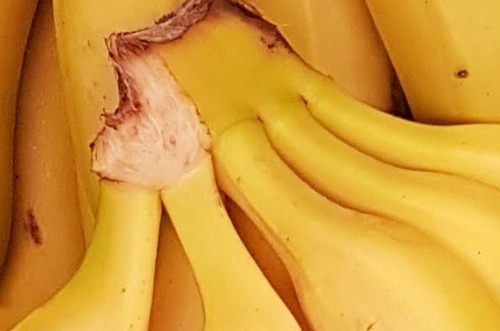
In W22 in the banana landscape, it was reported that in April 2023, global markets experienced an increase in Ecuadorian banana exports, with approximately 5.81M more boxes compared to April 2022, an increase of 4.56%. The top three export destinations for Ecuadorian bananas were the European Union (31.04%), Russia (24.42%), and the Middle East (12.49%). From January to April 2023, 133.13M banana boxes were exported, surpassing the 127.32 million boxes exported during the same period last season. However, there was a decline in banana exports to Eastern Europe (17.66%), Europe EFTA (20.94%), and Asia (12.08%). The majority of exported bananas were 22XU boxes, accounting for 86.22% of total exports, followed by 208 boxes (9.36%), organic bananas (3.54%), Baby Banana BB (0.85%), and purple bananas WB or Red Banana (0.02%). The leading ports for banana exports in Ecuador were Guayaquil (64.46%), Puerto Bolívar (23.72% participation), and Posorja (11.83% share). In the Birmingham and London wholesale markets of the United Kingdom, the current average price of bananas from Belize stood at USD 1.18/kg (EUR 0.95/kg), a decrease of 10% WoW. Bananas from Colombia dropped 8% to USD 1.21/kg (EUR 0.97/kg). Costa Rican bananas are priced at USD 1.31/kg (EUR 1.05/kg), and bananas from Ecuador are priced at USD 1.20/kg (EUR 0.96/kg).
On the other hand, in the Canary Islands, Spain, banana production has not had a significant increase in area. However, the 2023 production has shown a larger increase in La Palma, Tenerife, and La Gomera, while Gran Canaria has experienced a decrease compared to 2022. Banana growers in the Canary Islands are increasingly adopting biological pest control methods to ensure sustainability, driven by stringent European standards. These standards, however, do not apply to bananas imported from third countries. At an event, the Deputy Minister of the Primary Sector of the Canary Islands Government highlighted the importance of biological control, stating that the new Common Agricultural Policy (CAP) will support it. The CAP aligns with the European Union's objective of reducing the use of chemical products by promoting integrated pest management and prioritizing non-chemical methods, such as the use of predatory insects, to minimize risks to human health. In addition, a new project to develop a specific biological control strategy for pests affecting banana cultivation in the Canary Islands is set to begin. The project will also involve testing new pest control tools with favorable toxicological and environmental profiles. It has been made possible through public subsidies provided by the "Investigo Program," which supports research and innovation initiatives. ASPROCAN, the organization representing the Canary Islands banana production sector, has received this subsidy, allowing them to hire additional personnel dedicated to research. The project will also benefit from the support of the Protection Department of the Canarian Institute of Agrarian Research (ICIA). Lastly, the director-general of the Department of International Trade Promotion of Thailand (DITP) stated that bananas have a high demand in Japan due to their nutritional value and versatility in various desserts. While Japan can cultivate bananas, the yields are often low due to unfavorable weather conditions. As a result, Japan imports over 1M tonnes of bananas annually. However, Thailand's exports to Japan only amount to 2.89K tonnes per year, despite the Japan-Thailand Economic Partnership Agreement (JTEPA) exempting tariffs for up to 8K tonnes of Thai bananas. The director emphasized the potential to increase Thailand's market share for bananas in Japan. The director of the Thai Trade Centre in Tokyo acknowledged that Thailand faces challenges in exporting bananas to Japan, as the Philippines currently holds a 76% market share for bananas in Japan.






